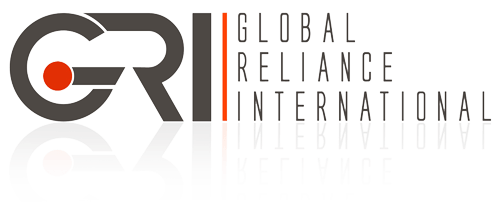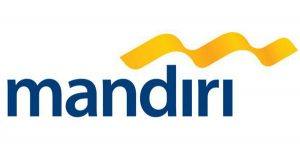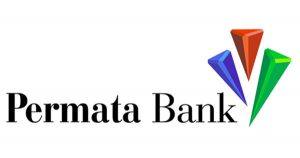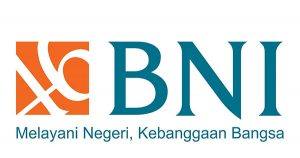VACCP stands for Vulnerability Assessment and Critical Control Points. It focuses on food fraud as well, and widens the scope to include systematic prevention of any potential adulteration of food, whether intentional or not, by identifying the vulnerable points in a supply chain. It is especially concerned with economically motivated adulteration (EMA). Examples include product substitutions, unapproved product enhancements, counterfeiting, stolen goods and others.
Similar to HACCP, the program require a control plan that covers mitigation strategies and correction procedures. They may require audits of the entire supply chain, assessments of various suppliers and extensive quality control checks of ingredients.
Food fraud is big business and, like any other business, perpetrators generally have no wish to make their customers sick and thus call attention to their activities. Therefore, it is unlikely they would intentionally put the public health at risk. However, such risks can occur due to inexperienced or untrained food handlers, bad packaging causing food spoilage, unlabelled or mislabelled ingredients, etc.




